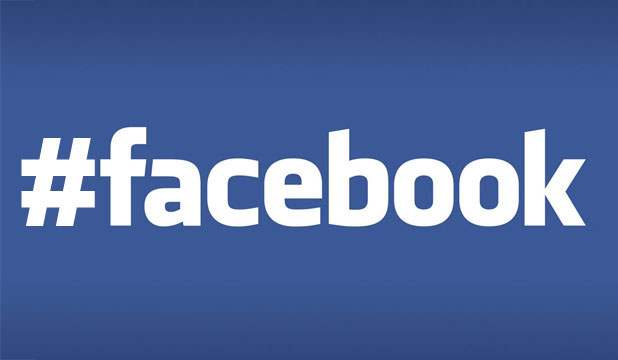Typing #hashtags into status updates on Facebook is popular with users, but nothing happens when you click on it – adding one is a kind of social media in-joke that parodies the hashtag’s ubiquity on Twitter, Tumblr, Instagram, Flickr, Google+ and other networks. Until now.
Last week, Facebook announced it was activating the metadata tag (rumored since March) so that when users typed one it would allow information of the same topic to be grouped together and searched. Hashtags allow unconnected users to discuss subjects without having to follow each other, which is one of the greatest strengths of networks like Twitter.
Of course, what we’re interested in is what this will mean for brands. Marketers are already using the function on other social networks to follow conversations around topics relating to their products, trends in their industry, or to find out more about what customers are talking about.
Rolling this function out to Facebook brings up some interesting questions – and opportunities – for marketers.
Facebook wants to expand their capability for large-scale conversations around current topics. In their press release they state that “During primetime television alone, there are between 88 and 100 million Americans engaged on Facebook – roughly a Super Bowl-sized audience every single night. The recent “Red Wedding” episode of Game of Thrones, received over 1.5 million mentions on Facebook, representing a significant portion of the 5.2 million people who watched the show. And this year’s Oscars buzz reached an all-time high on Facebook with over 66.5 million interactions, including likes, comments, and posts.”
As you can see, these figures are US-centered. Around the globe, Facebook have more than one billion active users – more than twice the number of Twitter, which lies in second place in user stats.
Marketers are going to have access to real-time conversations from the largest socially-connected group on the planet. The potential to learn about attitudes, opinions, and how information is being received, not just in their own country but internationally, will allow marketers to learn more about tailoring their message to different groups, and join in what is being said to deepen engagement.
With active group conversations like the ones cited above, brands will be able to craft real-time messages around popular topics and events such as sports games, holidays and experiences. The opportunities for flexible, user-centered and responsive marketing are immense.
While brands already have access to group conversations on Twitter, remember that the demographics of Facebook users are different – according to Socialnomics.net, just over 30% of Facebook users are younger than 34, and 45% of users are over 45. Twitter, on the other hand, has a much younger demographic. Nearly half of all users are under the age of 34 and only 30% are over 45. Marketers are going to have access to information from a different user base, not just the size of the group, but the age range, interests, geographical location, and the type of information that is shared on Facebook versus other networks.
Facebook will allow you to search for a specific hashtag from your search bar, click on hashtags that originate on other services, such as Instagram, thus amalgamating data sets, and compose posts directly from the hashtag feed and search results.
The hashtag function already went live to a trial group June 12, and will be rolling out over the coming weeks to all users. Excitingly, Facebook describe this change as a “first step” and that they will “continue to roll out more features in the coming weeks and months, including trending hashtags and deeper insights that help people discover more of the world’s conversations.”
This is great news for brands eager to connect with new audiences, join wider conversations and learn more about their customers. We’ll be watching with anticipation to see what Facebook will bring us next.
Originally posted on ClickZ

